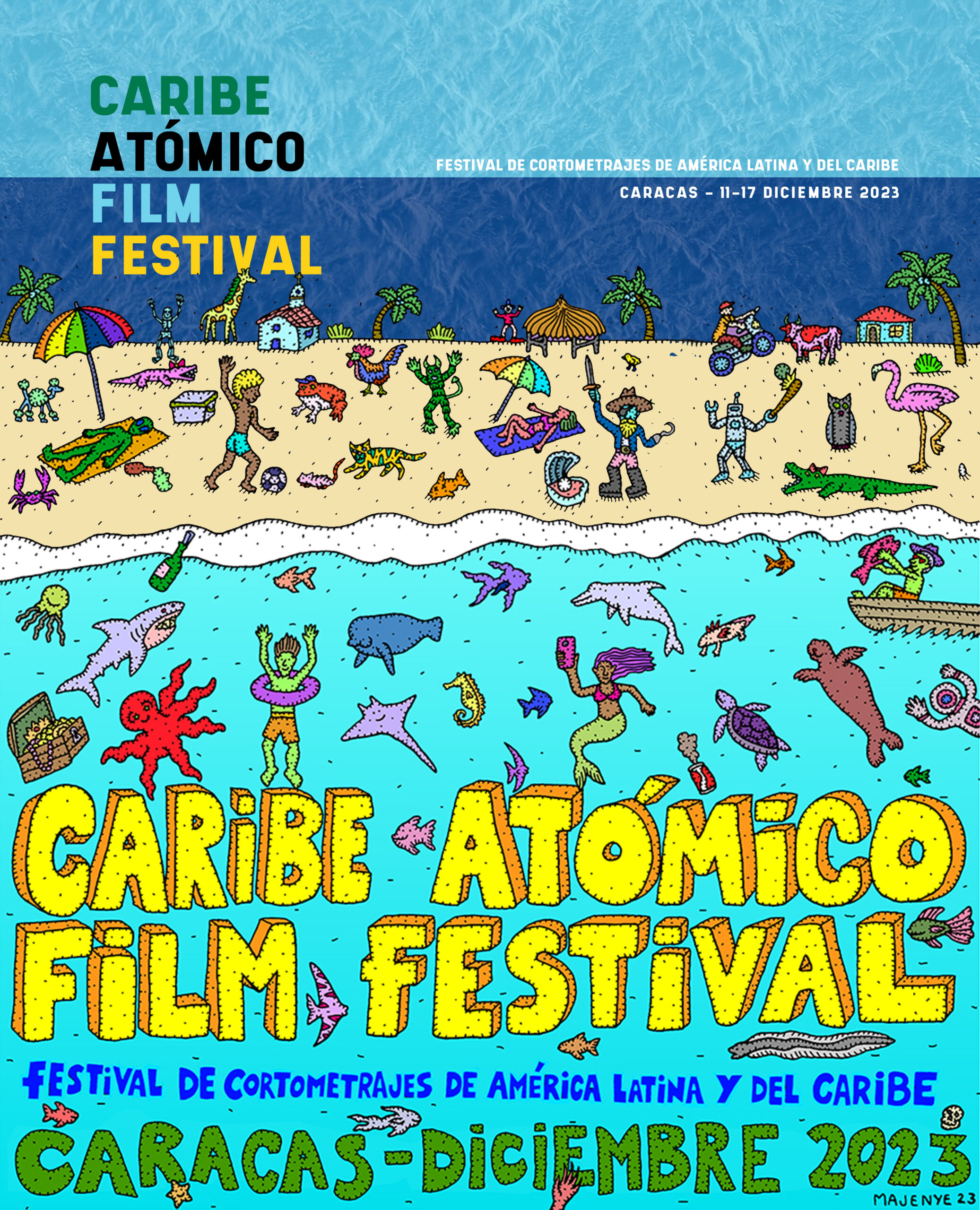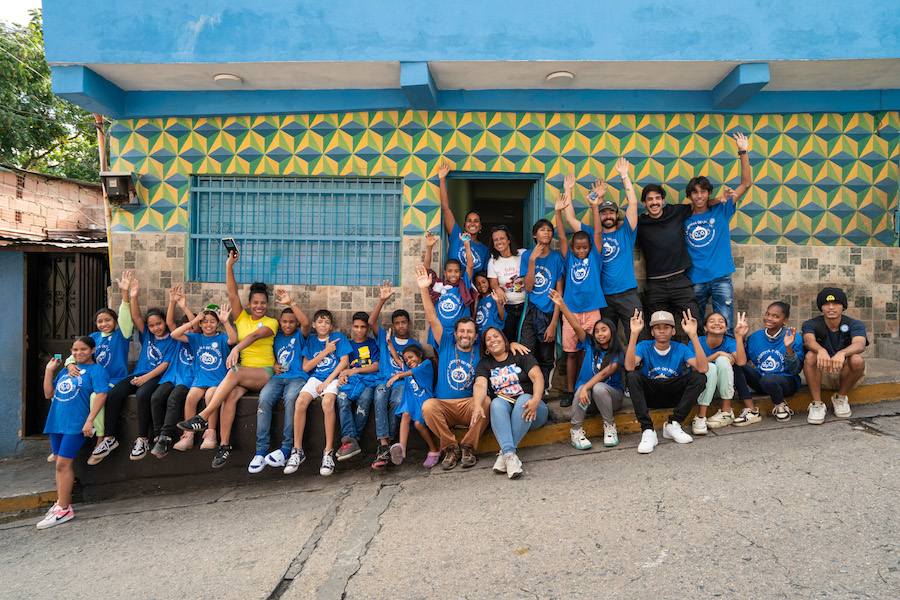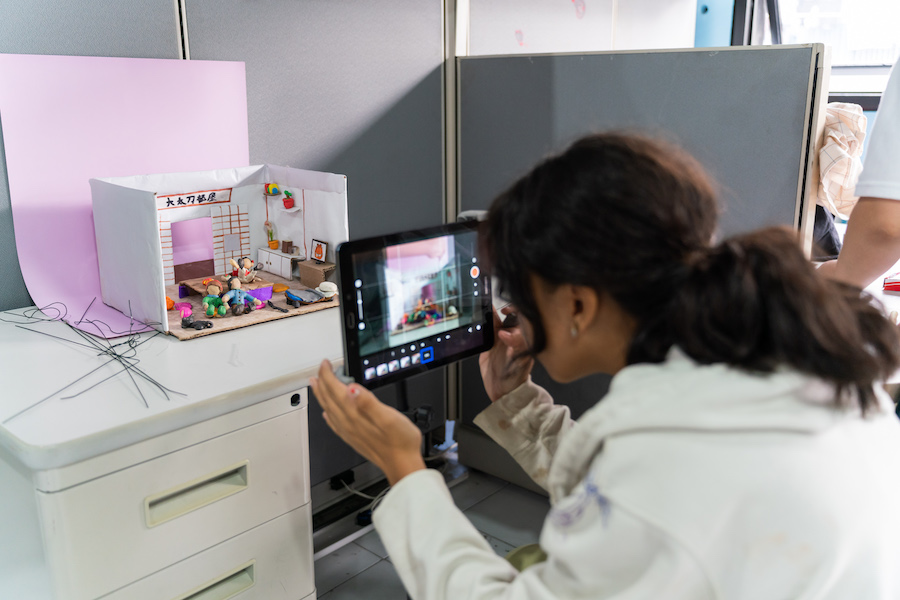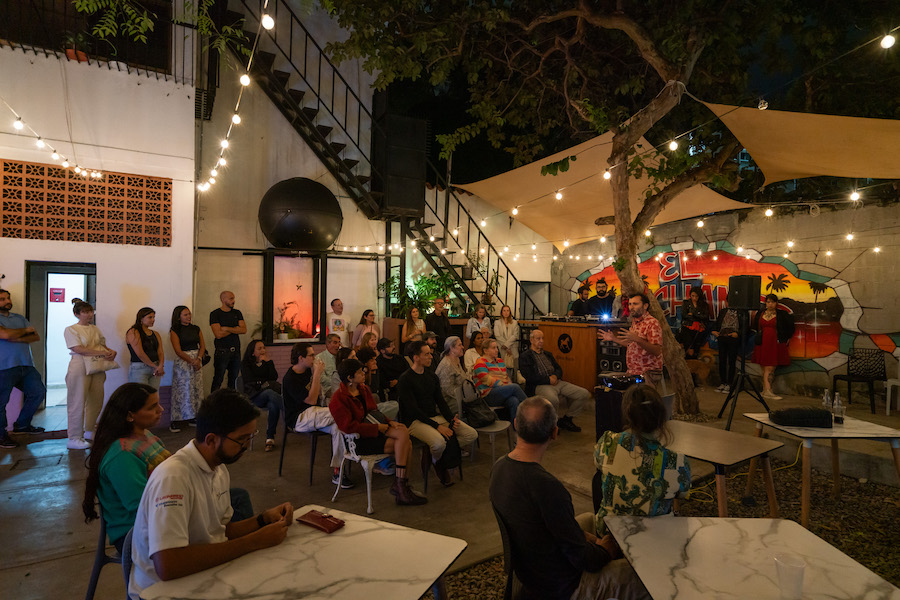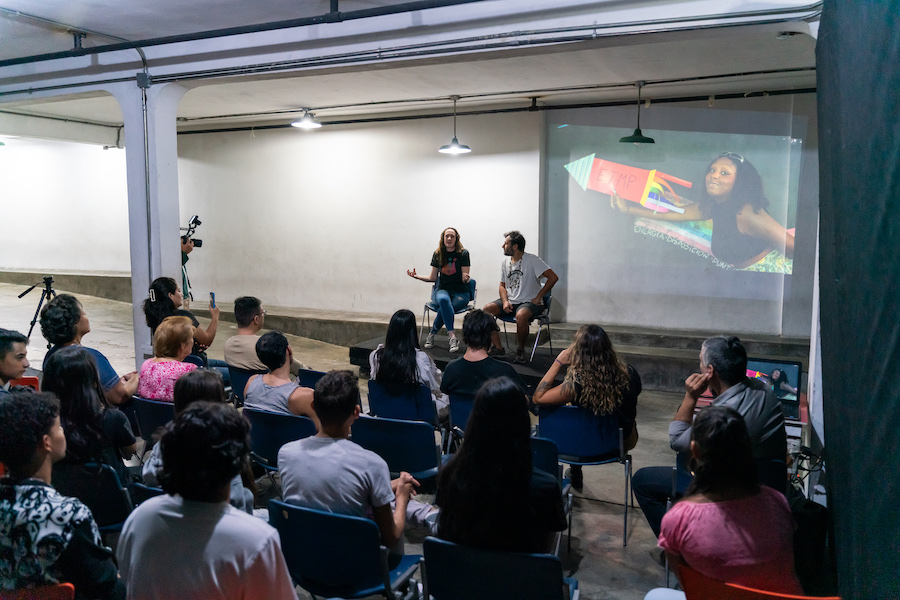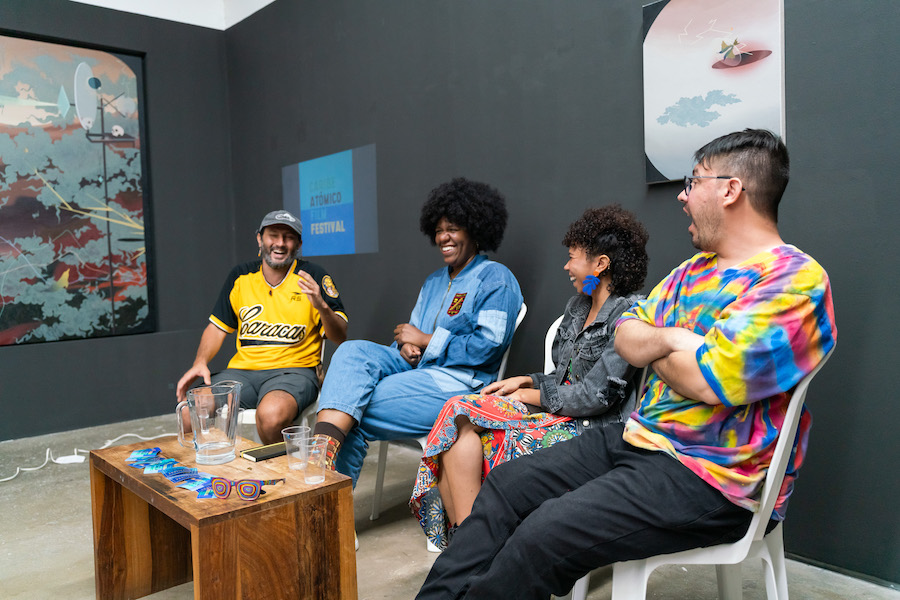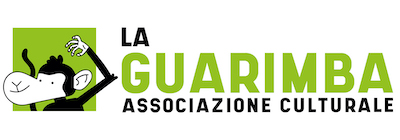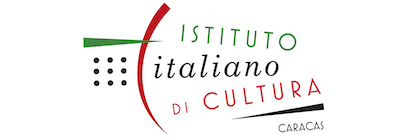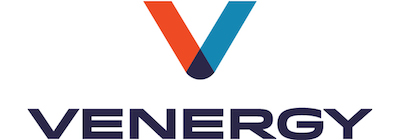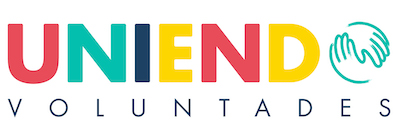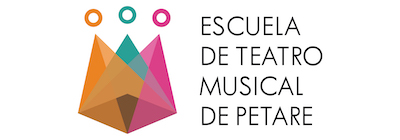The first edition took place in Caracas from the 11th to the 17th of December 2023, with a programme of 8 events that brought together 332 people, including children and adults from different areas of the city.
Caribe Atómico Film Festival celebrates Caribbean and Latin American cinema with short film screenings, talks, educational workshops, music and more.
Our goal is to de-gentrify and reconquer spaces by crossing Caracas from east to west with as many audiences as possible, activating collaborations with cultural organisations working in the territory.
The event is produced by La Guarimba, a cultural organisation located in the region of Calabria, in the south of Italy, with the aim of bringing cinema back to the people and the people back to cinema. Since 2013, we have been organising film festivals, film residencies, animation workshops for children and young people, and illustration exhibitions.
After more than a decade in Italy, we returned to our country with all we had learned, and with the desire to continue learning, organising a Festival in Caracas that believes in the power of culture to make positive changes in individuals and, in turn, in the community. This first edition was made possible thanks to 6 sponsors: Baruta Cultural, Istituto Italiano di Cultura, Plus Ultra, Venergy Global, Tequejoe and La Mega Super Estación. We also have collaborated with 5 partners: Uniendo Voluntades, El Marchante, Abra Caracas in Los Galpones de Chacao and the Escuela de Teatro Musical de Petare.

